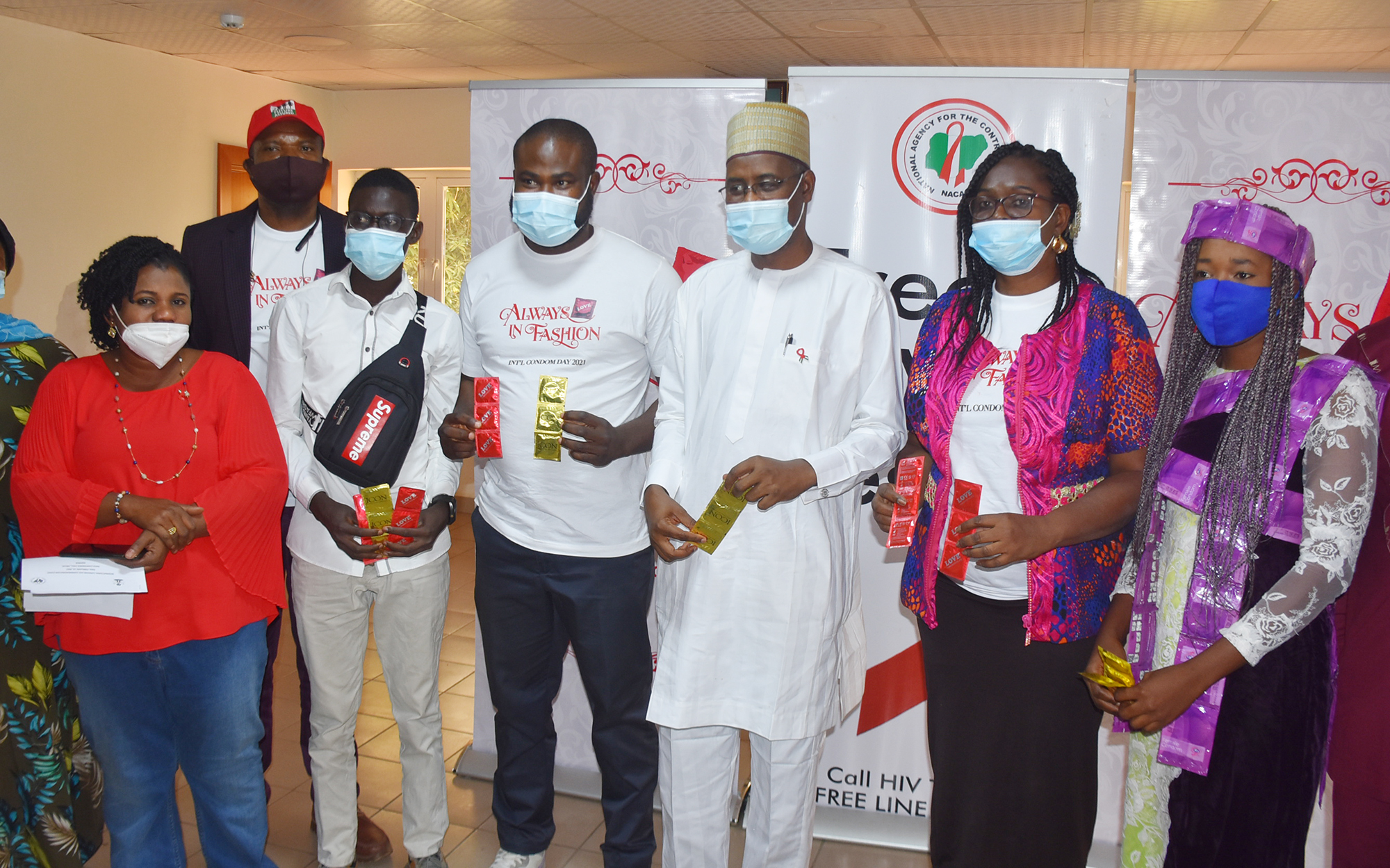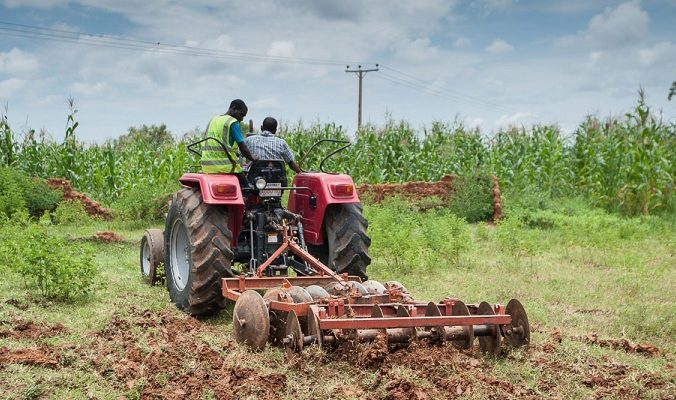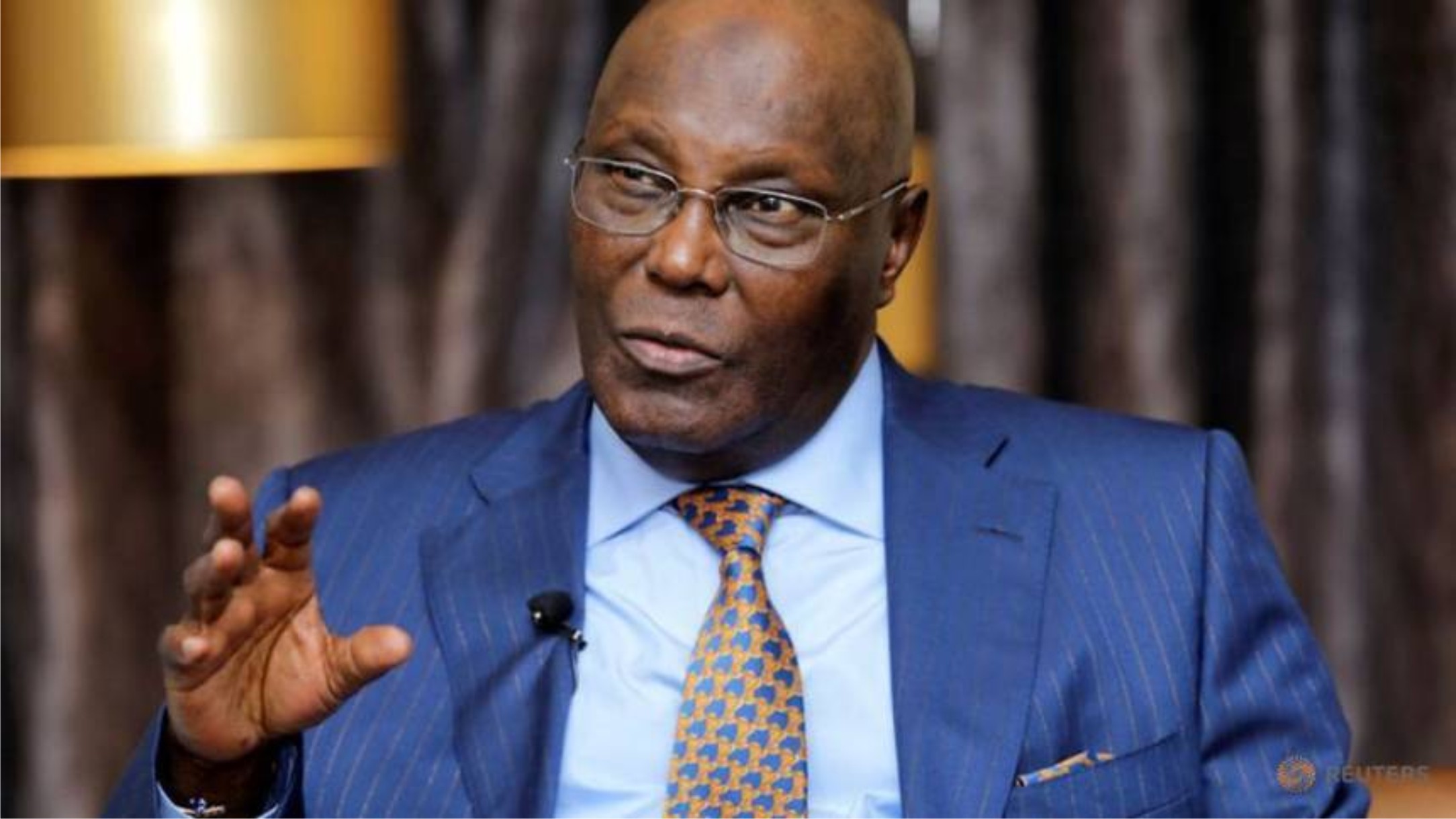Business
Crude Oil Production Begins At Bonga, EA …As NOSDRA Denies Spill’s Flow To A’Ibom
Full scale production of crude oil, has now resumed at both Shell Nigeria Exploration and Production Company’s (SNEPCo) Bonga and EA offshore oil fields following the successful completion of clean up of the 20 December, 2011 leak on Bonga and repair works on EA facilities.
A statement by Shell’s Corporate Media Relations Manager, Tony Okonedo, yesterday said “production resumed at Bonga on January 1, 2012, following reinforcement of asset integrity and safety programmes.”
SNEPCo had shut down production from the field after leak occurred on one of the three export loading lines as oil was being transferred from the Floating, Production, Storage and Offloading (FPSO) vessel to a loading tanker.
Okonedo quoted Shell Nigeria Country Chair, Mutiu Sunmonu, as saying that, “while investigation into the cause of the leak continues, we have isolated the faulty line, which was only one of its type in the Bonga field, and reinforced our asset integrity and safety programme.”
According to him, “this, together with additional inspection testing and monitoring, is what gives us the confidence that it is safe to restart.
Sunmonu said that, “oil from the Bonga leak had largely dispersed by Sunday, December 25, 2011 due to the integrated efforts of SNEPCo, the Nigerian government and our industry partners in the application of dispersants, and natural processes of dispersal and evaporation,” adding that, “we are taking samples of the third party spill as part of the joint investigation in order to establish beyond doubt that this is not Bonga oil of the beach. It will be good if all parties would wait for the outcome of the investigation.
In a related development, the Shell Petroleum Development Company of Nigeria (SPDC) resumed production at its shallow offshore EA Field on 27th December, last year, on completion of the scheduled statutory inspection, engineering and maintenance works on the FPSO vessel, Sea Eagle.
The Sea Eagle was shut in on November 9, 2011 for the exercise, which included repairs to the Soft Yoke Mooring Platform and Relief Valve Recertification.
Meanwhile, the National Oil Spill Detection and Response Agency (NOSDRA), says the Bonga oil spill is not moving towards Akwa Ibom.
The Director-General of the agency, Mr Peter Idabor, made the clarification in an interview with newsmen in Abuja.
Idabor said that the Bonga oil spill did not move backward towards Akwa Ibom but upwards towards vocados.
“I want to correct an impression here, the Akwa Ibom people are saying that the oil moved backwards to their coast line.
He said that he had accompanied the Minister of Environment to the oil spill site for an on-the-spot assessment but noted that the spill was moving towards the vocados.
He said that the agency used satellite imagery to monitor the movement of the spill from Bonga, adding that records were available for anyone who was interested to see it.
Idabor said that the agency activated the National Oil Spill Contingency Plan (NOSCP) after Shell announced that the volume of the crude spill was over 30,000 barrels.
He said that the activation of the plan involved drawing the attention of the stakeholders on the need to treat the spill as an emergency.
According to him, the stakeholders include customs, immigration, Navy, Army, among others.
Idabor commended Shell for preventing the spill from spreading to the shore line through the deployment of a spill control aircraft from the United Kingdom.
Business
Prioritise Agro-Processing, Ex-FIIRO Boss Charges Women Farmers

Business
ActionAid Urges Media Support For Inclusive Food Systems

Business
AGRA, Nestlé, TechnoServe Unveil $1m Climate-Smart Agric Project

-
Business4 days ago
Crude Oil Production: PINL Brokers Peace Among Warring Factions In Bodo Community
-

 Rivers4 days ago
Rivers4 days agoRivers NUJ Celebrates Amaechi At 60
-

 News4 hours ago
News4 hours agoTroops Foil Terrorist Attacks In Borno
-

 News4 days ago
News4 days agoElon Musk Reclaims World’s Richest Title With $423bn Net Worth
-
Women4 hours ago
MD Clinches NCDMB’s Women In Leadership, Empowerment Award
-

 Business3 hours ago
Business3 hours agoPrioritise Agro-Processing, Ex-FIIRO Boss Charges Women Farmers
-

 Politics4 days ago
Politics4 days ago2027: Elder Statesman Cautions Atiku, Obi, el-Rufai Against Heating Up Polity
-

 News4 days ago
News4 days agoRSG Recommits To Children’s Welfare Urges Partnership In Upbringing

